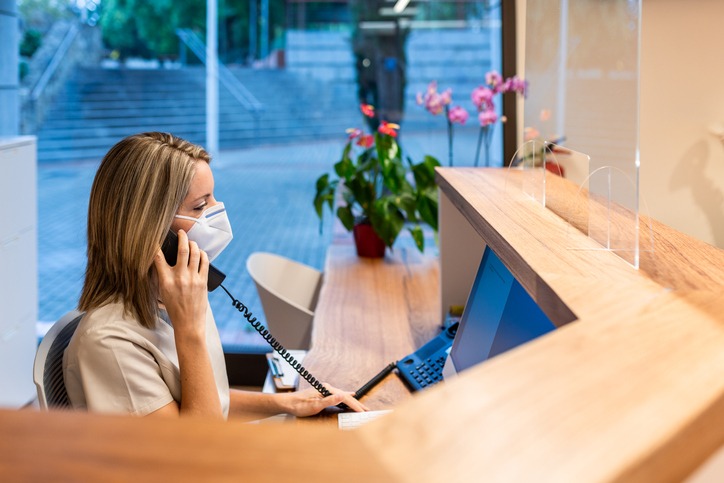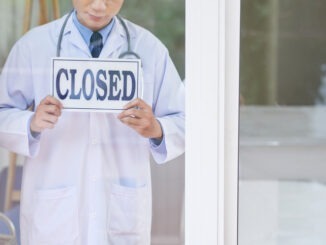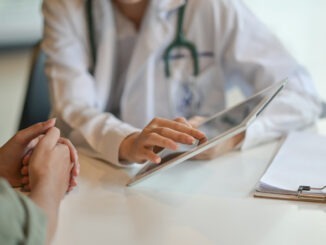
As reported by The Times, the ambulance service could step in to answer the phones at GP practices during busy times of the day to determine whether an appointment was needed
Patients ringing their GP surgery would automatically be diverted to the 111 call centre, where an adviser would take them through a series of questions and decide where they should be treated. Paramedics could also deal with simple medical concerns over the phone to reduce the pressure on GPs.
The aim is to cut the time patients wait to get through to their GP surgery and limit the number of people calling an ambulance or going to A&E in frustration because they cannot reach their family doctor.
The London Ambulance Service NHS Trust plans to trial the idea and is working with GP practices that between them have 1.5 million patients.
Daniel Elkeles, the chief executive of the London Ambulance Service, said he was “sitting on a 24/7 telephony infrastructure” that could help the wider NHS. He added: “We would like to use our infrastructure to support primary care. We need to get primary care to work again and for patients to think they’re getting satisfaction with it. I think the 111 providers could refocus some of what we think is our core business to help make that happen. It could be game-changing.”
Almost one in five patients go to A&E because they are unable to get a GP appointment, amounting to 4.5 million attendances. The cost of a double-crewed ambulance being called out is about £450, rising to £600 if a patient is taken to hospital.
Elkeles said: “If we can get the public back into the idea that if you are not feeling well you phone your GP, then the patient experience will be better and the NHS will work better. It will be much cheaper than patients going to A&E or phoning 999 when they don’t need to. Everyone else has got lots of other things to worry about and I think we have to take that into our own hands to say, ‘We can do this for the NHS. Give us the responsibility to get this bit to work.’ ”
There are about 30 million GP appointments each month in England but patient satisfaction has dropped. Nearly five million patients a month in England wait more than a fortnight for a GP appointment.
The government has announced plans to give GPs new digital tools for patients to book appointments and has promised to fund pharmacists to offer more treatment.
An average GP practice receives about 100 calls in the first hour of a typical Monday morning. Elkeles said the ambulance service could help to end the “8am rush”, which patients found frustrating. He said that patients would still feel as though they were contacting their GP surgery rather than ringing 111.
He added: “We can use the GP IT system. We could go through the questions that the GP would have asked or the receptionist would have asked or you could have done digitally yourself and then we could navigate the patient to the right place.
“You’d be freeing up loads of time in primary care for the GPs to see the patients who really need them, because we’ve taken away a chunk of the work.”
The ambulance service could also use its qualified medical workforce to support call handlers.
Elkeles said: “Paramedics are really good at working out what is wrong with someone and navigating them to the right place.
“We can do that for primary care. If we get this right, the workload that comes into 999 will be the genuinely really sick people.”



Be the first to comment